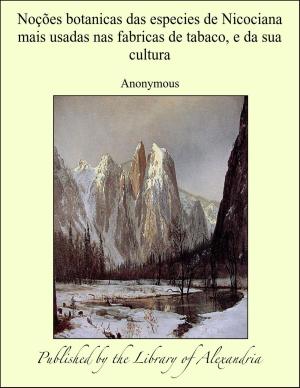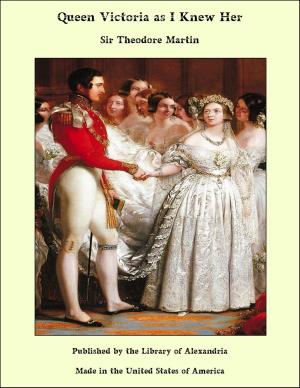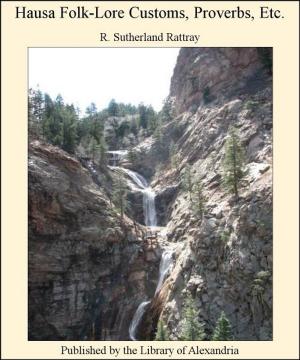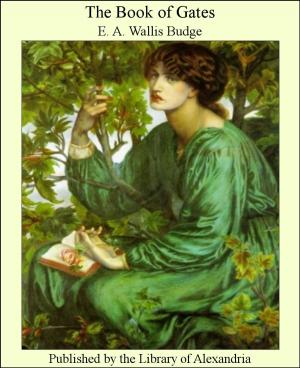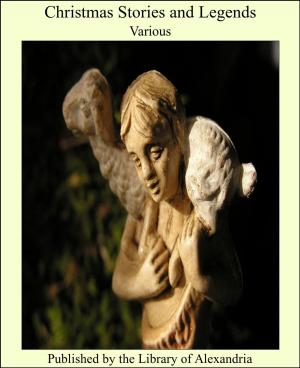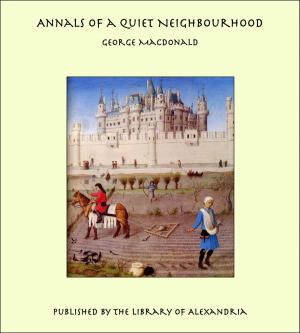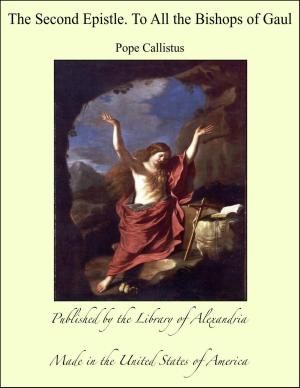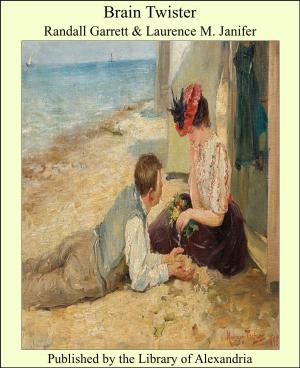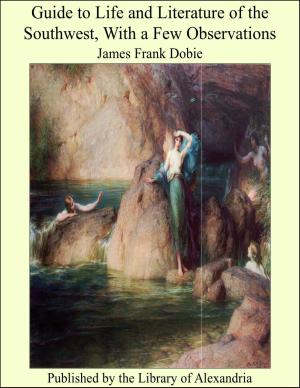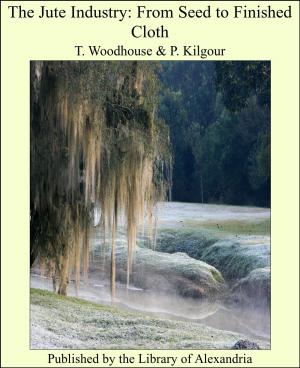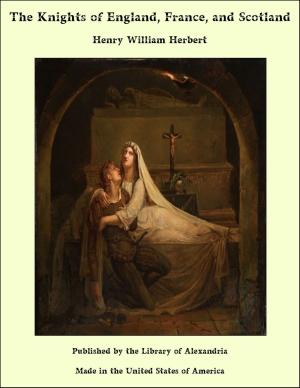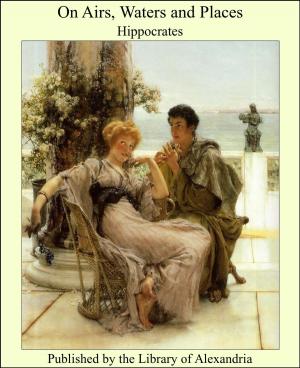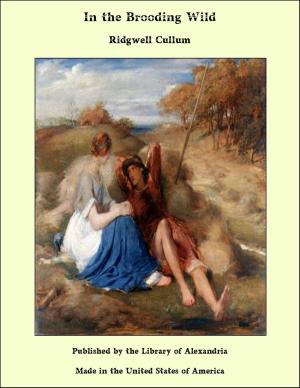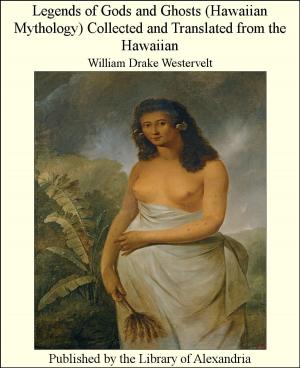| Author: | Eugene Field | ISBN: | 9781465521590 |
| Publisher: | Library of Alexandria | Publication: | March 8, 2015 |
| Imprint: | Language: | English |
| Author: | Eugene Field |
| ISBN: | 9781465521590 |
| Publisher: | Library of Alexandria |
| Publication: | March 8, 2015 |
| Imprint: | |
| Language: | English |
Of all American poets Field, it seems to me, best understood the heart of a child. Other sweet singers have given us the homely life of the Western cabin, the unexpected tenderness of the mountaineer, the loyalty and quaint devotion of the negro servant, but to Field alone, and in preëminent degree, was given that keen insight into child nature, that compassion for its faults, that sympathy with its sorrows and that delight in its joyous innocence which will endear him to his race as long as our language is read. His poems too always kindle afresh that spark of child-life which still lies smouldering in the hearts of us all, no matter how poor and sorrowful our beginnings. As we read, how the old memories come back to us! Old hopes, rosy with the expectation of the indefinite and unknowable. Old misgivings and fears; old rompings and holidays and precious idle hours. We know them all, and we know how true they are. We remember in our own case the very hour and day, and how it all happened and why, and what came of it,—joys and sorrows as real as our keenest experiences since. This is a heritage plentiful and noble,—and this heritage is Field's. In the last paragraphs of that tender prose poem of "Bill—the Lokil Editor"—one of the Profitable Tales—Bill—"alluz fond uv children 'nd birds 'nd flowers"—Bill, who was like the old sycamore that the lightning had struck,—with the vines spread all around and over it, covering its scars and splintered branches—occurs this passage
Of all American poets Field, it seems to me, best understood the heart of a child. Other sweet singers have given us the homely life of the Western cabin, the unexpected tenderness of the mountaineer, the loyalty and quaint devotion of the negro servant, but to Field alone, and in preëminent degree, was given that keen insight into child nature, that compassion for its faults, that sympathy with its sorrows and that delight in its joyous innocence which will endear him to his race as long as our language is read. His poems too always kindle afresh that spark of child-life which still lies smouldering in the hearts of us all, no matter how poor and sorrowful our beginnings. As we read, how the old memories come back to us! Old hopes, rosy with the expectation of the indefinite and unknowable. Old misgivings and fears; old rompings and holidays and precious idle hours. We know them all, and we know how true they are. We remember in our own case the very hour and day, and how it all happened and why, and what came of it,—joys and sorrows as real as our keenest experiences since. This is a heritage plentiful and noble,—and this heritage is Field's. In the last paragraphs of that tender prose poem of "Bill—the Lokil Editor"—one of the Profitable Tales—Bill—"alluz fond uv children 'nd birds 'nd flowers"—Bill, who was like the old sycamore that the lightning had struck,—with the vines spread all around and over it, covering its scars and splintered branches—occurs this passage

